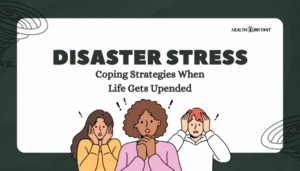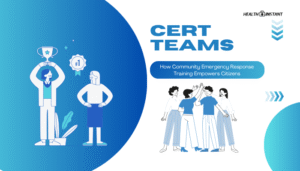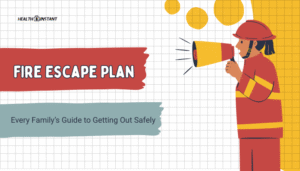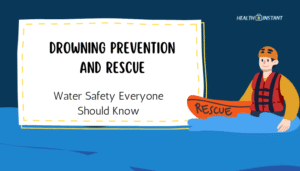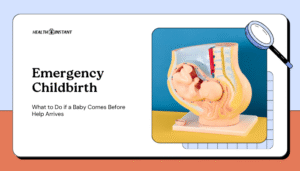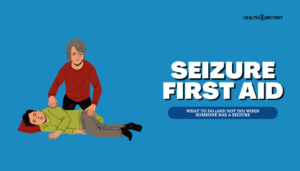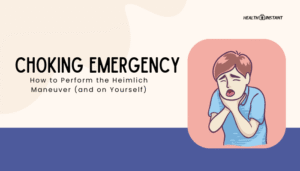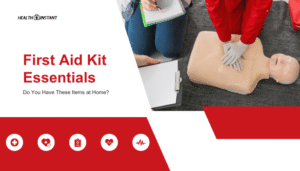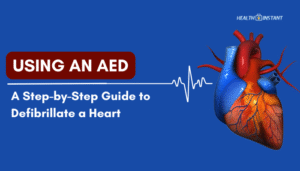Disaster Stress: Coping Strategies When Life Gets Upended
Introduction Disasters—natural or manmade—can disrupt normal life, leaving emotional distress and uncertainty in their wake. Job loss, damaged homes, or displacement from communities can cause anxiety, fear, and sadness. Although these stressors are natural responses to upheaval, learning healthy ways...
Read MoreCERT Teams: How Community Emergency Response Training Empowers Citizens
Introduction When disasters strike—whether earthquakes, hurricanes, wildfires, or floods—professional responders can become overwhelmed by multiple calls for help. Community Emergency Response Team (CERT) programs equip regular citizens with foundational skills to supplement first responders until they arrive. This guide outlines...
Read MoreFire Escape Plan: Every Family’s Guide to Getting Out Safely
Introduction House fires can happen quickly and spread in minutes. Having a well-thought-out fire escape plan can ensure that you, your children, and even your pets know exactly what to do and where to go if a blaze breaks out. ...
Read MoreDrowning Prevention and Rescue: Water Safety Everyone Should Know
Introduction Water activities—swimming, boating, or even bathtub play—can be enjoyable, but accidents can happen. Drowning remains a leading cause of preventable injury and death worldwide, especially for young children. Being well-prepared means understanding prevention tactics, recognizing drowning signals, and knowing...
Read MoreCar Accident Aftermath: First Aid and Safety Tips at the Scene
Introduction Car accidents are sudden and stressful events. In the immediate aftermath, quick thinking and basic first aid can reduce the risk of further harm and improve outcomes for the injured. While professional medical help is crucial, bystanders or drivers...
Read MoreEmergency Childbirth: What to Do if a Baby Comes Before Help Arrives
Introduction An unexpected childbirth away from medical facilities is rare but can happen—in a car, at home, or in remote locations. Although professional care is best, knowing the essentials of emergency delivery can help protect mother and newborn until paramedics...
Read MoreSeizure First Aid: What to Do (and Not Do) When Someone Has a Seizure
Introduction Seizures can occur suddenly, often leaving bystanders unsure how to respond. Although seizures vary in intensity and duration, prompt and calm assistance can prevent injuries and provide reassurance to the person affected. This guide outlines key steps for safe...
Read MoreChoking Emergency: How to Perform the Heimlich Maneuver (and on Yourself)
Introduction Choking emergencies often strike unexpectedly—during a family meal or a friend’s dinner party, for example. If the airway becomes blocked, quick action to dislodge the object is critical. The Heimlich maneuver (abdominal thrusts) remains a proven technique for clearing...
Read MoreFirst Aid Kit Essentials: Do You Have These Items at Home?
Introduction Accidents—like cuts, scrapes, or falls—can happen in any household. Having a well-stocked first aid kit lets you respond quickly to minor injuries before they worsen. While you can buy pre-made kits, assembling your own ensures it meets your family’s...
Read MoreUsing an AED: A Step-by-Step Guide to Defibrillate a Heart
Introduction In sudden cardiac arrest, the heart’s electrical system malfunctions, causing an irregular heartbeat—or none at all. Victims can lose consciousness within seconds, and survival depends on immediate intervention. While Cardiopulmonary Resuscitation (CPR) is crucial, an Automated External Defibrillator (AED)...
Read More
